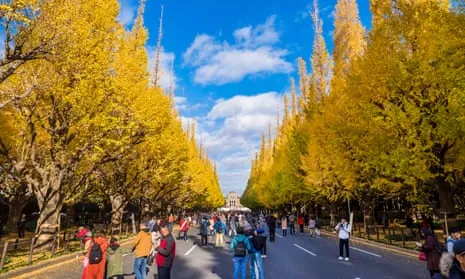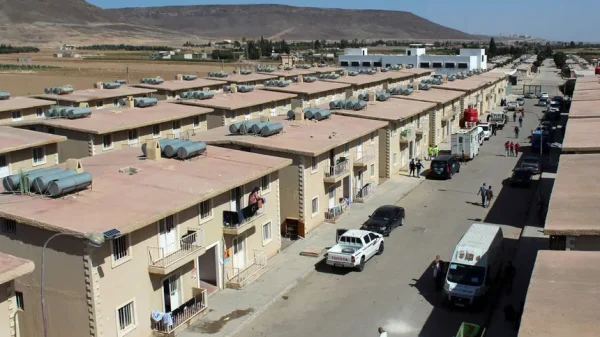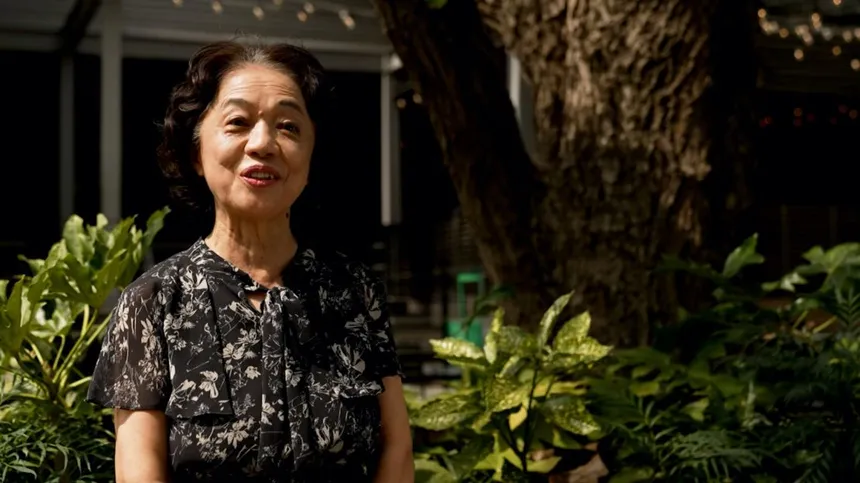The controversy surrounding the Jingu Gaien park district in central Tokyo has been ongoing for over a year, with environmentalists and property developers locked in a heated debate over the future of the coveted land. The property interests, led by the firm Mitsui Fudosan, have revealed a 10-year, multibillion-dollar plan to construct three skyscrapers on the site and demolish a historic baseball stadium, replacing it with a new facility. This move has sparked widespread protests and opposition from local residents and environmental groups, who argue that the destruction of trees in this densely populated city is unacceptable.
The Jingu Gaien park district is one of the few remaining green spaces in Tokyo, and the proposed redevelopment plan has sparked concerns about the loss of urban greenery and the impact it will have on the city’s environment. Tokyo is already notorious for its lack of green space, with many parks and public areas being handed over to commercial interests. The idea of replacing a historic baseball stadium and thousands of trees with new skyscrapers has been met with outrage from environmentalists, who see it as a slippery slope towards the commercialization of the city’s public spaces.

Environmentalists Clash with Developers in Tokyo’s Jingu Gaien District (Image via Getty)
The plan is backed by Tokyo Governor Yuiko Koike, who prior to her election as governor served as Japan’s environmental minister. This has only added to the frustration and disappointment among environmental groups, who argue that the governor is neglecting her responsibilities to protect the environment and preserve public spaces. The local residents of the Jingu Gaien district are also deeply concerned about the impact the redevelopment will have on the area, not only in terms of the loss of green space but also the increased traffic and noise pollution that will result from the construction of new skyscrapers.
Despite the controversy, the redevelopment plan is expected to go ahead, with construction work already underway. The small group of protesters who gathered ahead of the event on Monday were a rare sight in a city that has become increasingly willing to sacrifice its public spaces for private interests. The Jingu Gaien district may seem like a small battleground in the larger war between environmentalists and property developers, but it is a symbol of the city’s priorities and its willingness to prioritize profit over people and the planet.


























